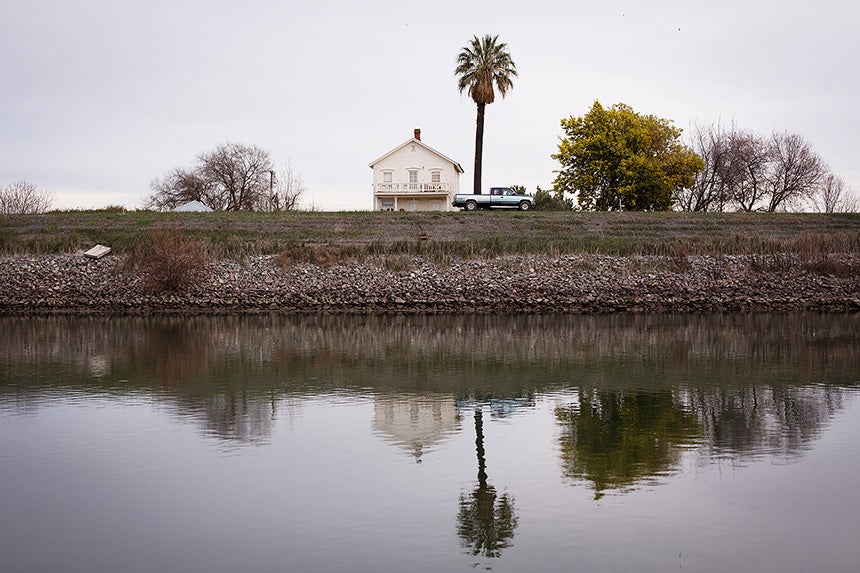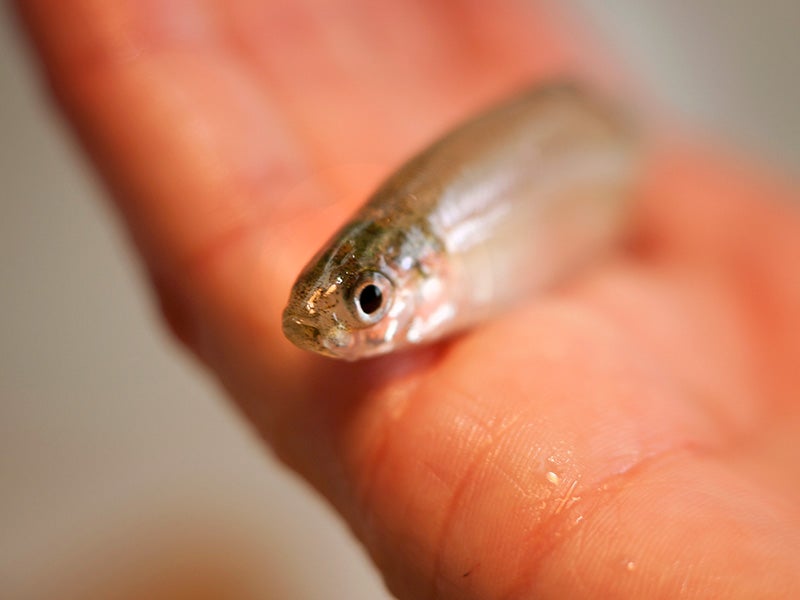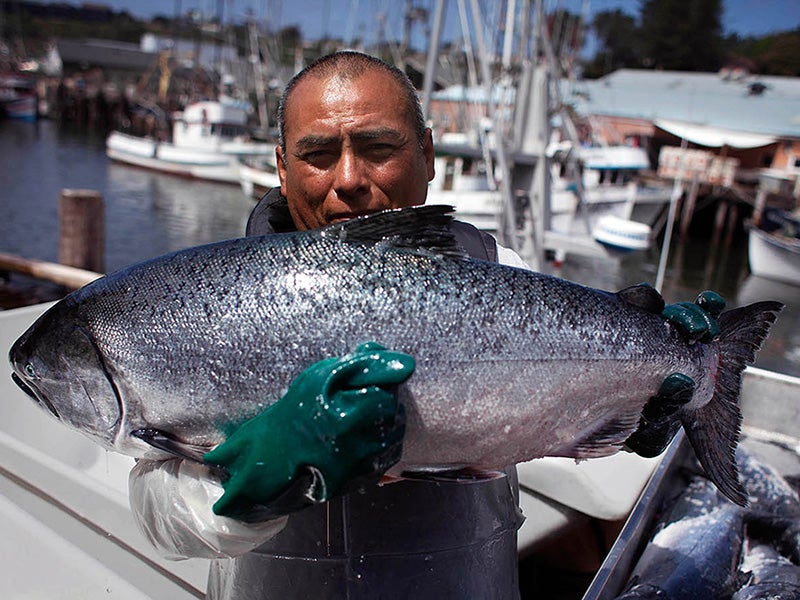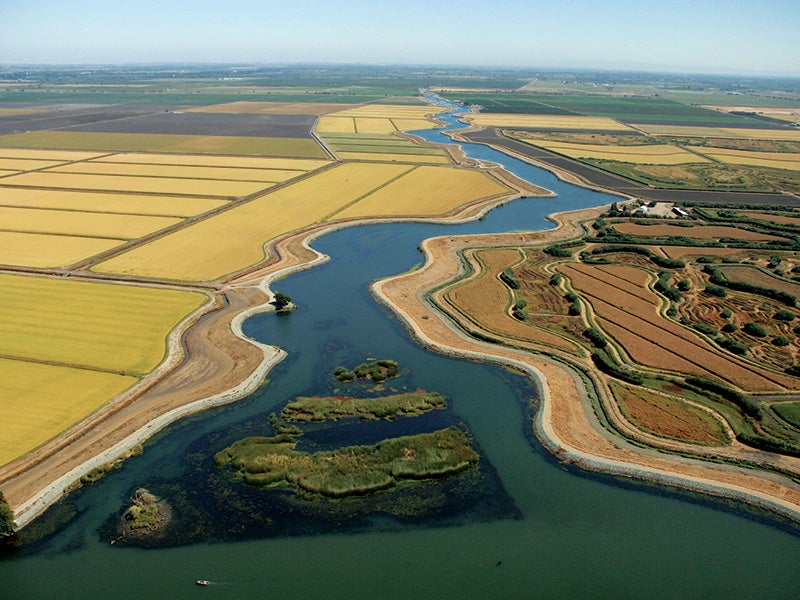Preserving and Restoring the Sacramento Delta
Widely viewed by fish biologists as an indicator of the overall health of the Delta ecosystem, the delta smelt’s population has plummeted in recent years to a tiny fraction of its historic abundance. Studies clearly indicate that increasing diversions of water could lead to the smelt’s extinction and further degrade the Delta’s beleaguered ecosystem.
Clients
Regional Office / Program
Case Overview
In 2008, the U.S. Fish and Wildlife Service declared that water operations in California must be altered to protect the delta smelt from extinction. The Service issued a biological opinion about the effects that the federal and state water projects’ pumping of massive quantities of water from the Delta would have on this threatened species, a small fish that exists only in the Delta. Widely viewed by fish biologists as an indicator of the overall health of the Delta ecosystem, the delta smelt’s population has plummeted in recent years to a tiny fraction of its historic abundance. Studies clearly indicate that increasing diversions of water could lead to the smelt’s extinction and further degrade the Delta’s beleaguered ecosystem. The delta smelt biological opinion requires sufficient quantities of freshwater be allowed to flow through the Delta to promote the survival and recovery of the fish.
In response to legal challenges by a group of politically powerful, highly subsidized large agricultural and commercial water users, a federal district court upheld the 2008 biological opinion’s conclusions that the water projects’ operations jeopardize the imperiled smelt but invalidated some of the bi-op’s specific protective pumping restrictions and other requirements as inadequately supported by the evidence. Because of the “jeopardy” ruling, the court left the protections in place while federal wildlife agencies revise the biological opinions. Earthjustice’s clients joined the federal government in appealing the adverse parts of the lower court’s rulings which were overturned in March 2014.
Faced with a devastating drought, that same group of taxpayer-subsidized agricultural water users have demanded that drought policy cater to their desires while leaving the rest of California high and dry. In 2014, these agencies have succeeded in getting the government agencies charged with safeguarding the environment to waive critical environmental protections, doing great harm to imperiled salmon and the fishing industry which is already overtaxed by the drought. In drastically reducing freshwater flows through the Delta, these waivers also allow salt water to penetrate its myriad channels, degrading drinking water supplies for millions of people who rely upon the Delta for their domestic water. This salt water intrusion also deprives the many farmers in the Delta of suitable water to irrigate their crops, which, ironically, are located in close proximity to the Delta’s channels. Unlike the irrigators in the southern Central Valley, the Delta farmers don’t require giant pumps, miles of canals, and massive amounts of energy to artificially transport that water to distant arid lands.
This case isn't about fish versus farmers. It’s about protecting average citizens, Delta farmers, commercial and sport fisherfolk, and fighting for a healthy Delta ecosystem.

Case Updates
Case page created on February 15, 2005.


